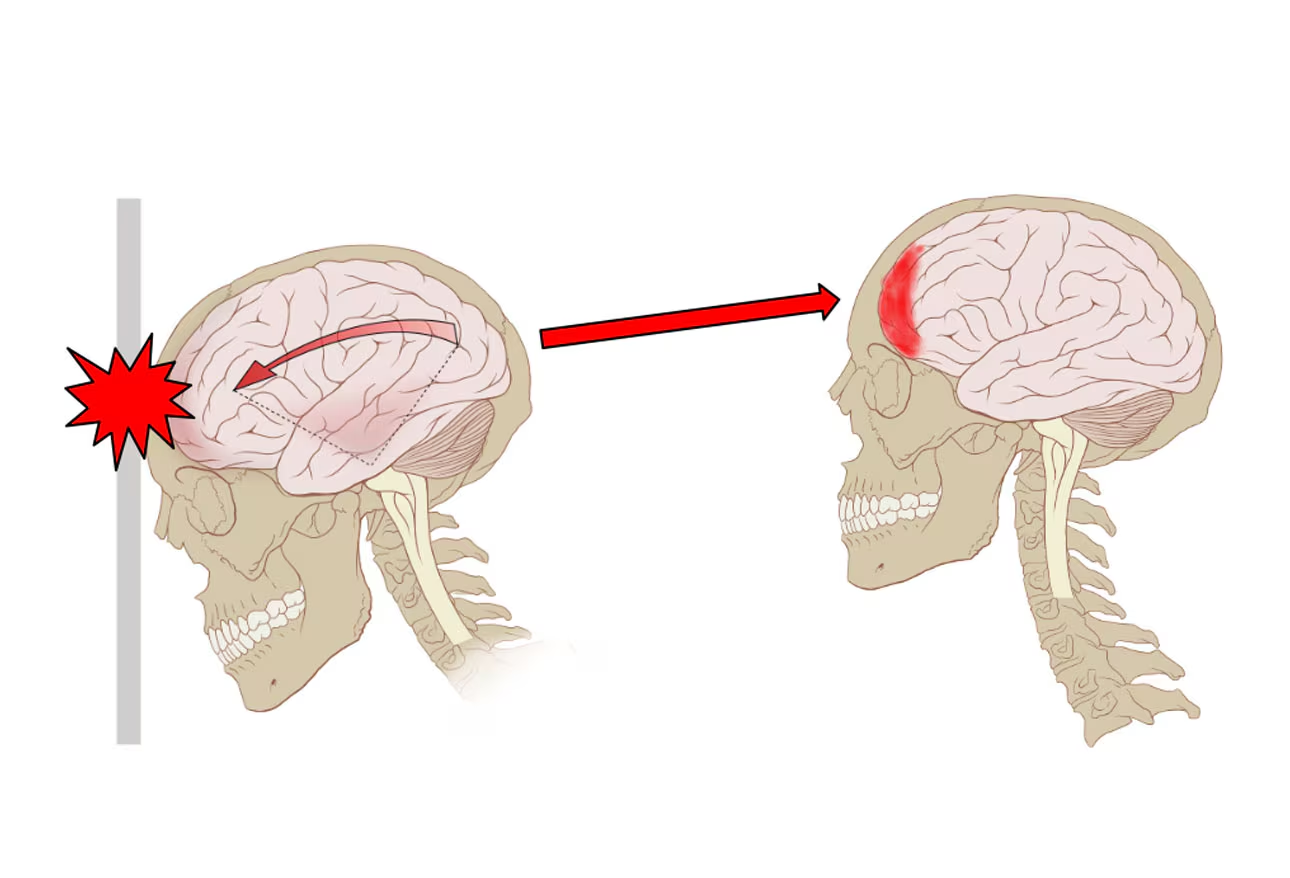
Traumatic Brain Injury
Traumatic brain injury (TBI) is a serious condition caused by a sudden impact or jolt to the head that disrupts normal brain function. TBIs range in severity from mild concussions to life-threatening injuries, and they can lead to significant physical, cognitive, and emotional challenges. Common causes of TBI include car accidents, falls, sports injuries, and workplace incidents. At 770GoodLaw, we help clients affected by traumatic brain injuries seek compensation for medical expenses, rehabilitation, lost wages, and the long-term impacts on their quality of life.
Understanding Traumatic Brain Injuries
Traumatic brain injuries are classified based on the nature and severity of the impact. These injuries can have lasting effects, impacting everything from motor skills to cognitive abilities. There are two primary types of TBIs:
- Closed-Head Injuries: These occur when an external force causes the brain to move within the skull, often leading to bruising, swelling, or internal bleeding. Closed-head injuries are common in car accidents and falls.
- Penetrating Injuries: In cases where an object pierces the skull and enters the brain, the damage can be more localized but severe. Penetrating injuries often result from violent incidents or accidents involving sharp objects.
Symptoms of Traumatic Brain Injuries
The symptoms of a TBI vary depending on the injury’s severity and can affect physical, cognitive, and emotional functions. Common symptoms include:
-
Physical Symptoms: These may include headaches, dizziness, nausea, fatigue, blurred vision, and sensitivity to light or sound.
-
Cognitive Impairments: Many TBI sufferers experience memory problems, difficulty concentrating, confusion, and slower processing speeds.
-
Emotional and Behavioral Changes: Mood swings, irritability, anxiety, depression, and changes in personality or behavior are also common after a TBI.
Long-Term Effects of Traumatic Brain Injuries
For many TBI survivors, the effects of the injury are not only immediate but can also have long-term or even permanent consequences. Common long-term effects include:
-
Physical Limitations: Some individuals may experience reduced motor control, speech difficulties, or chronic pain, impacting their independence and ability to perform daily activities.
-
Cognitive Decline: TBIs can lead to cognitive impairments that may interfere with work, education, and social relationships, requiring ongoing therapy or accommodations.
-
Emotional and Psychological Impact: TBI survivors often face increased risks of depression, anxiety, and post-traumatic stress disorder (PTSD), affecting their quality of life and relationships.
-
Financial Burdens: The costs of ongoing medical care, rehabilitation, and potential job loss create a significant financial burden for TBI victims and their families.
Legal Considerations in TBI Cases
When a traumatic brain injury results from another party’s negligence or misconduct, victims have the right to pursue compensation for their losses. Common legal considerations in TBI cases include:
-
Establishing Liability: Proving that the injury was caused by another party’s negligence is crucial in TBI cases, whether from a car accident, slip and fall, or other incident.
-
Documenting Medical Evidence: Detailed medical records, imaging results, and testimony from healthcare professionals are essential to demonstrate the injury’s severity and impact.
-
Calculating Damages: Damages in TBI cases often include not only immediate medical expenses but also projected costs for future care, therapy, and accommodations for long-term disability.
-
Non-Economic Damages: Given the emotional and psychological toll of a TBI, victims may also pursue non-economic damages for pain and suffering, loss of enjoyment of life, and mental anguish.
How 770GoodLaw Assists Clients with Traumatic Brain Injury Claims
At 770GoodLaw, we understand the profound impact of traumatic brain injuries on victims and their families. Our attorneys work closely with clients to build strong cases, ensuring they receive compensation that reflects the full scope of their needs. Our support includes:
- Investigating the Cause of Injury: We conduct thorough investigations to establish liability, gathering evidence and consulting with accident reconstruction experts to build a compelling case.
- Working with Medical Experts: We collaborate with neurologists, therapists, and other medical professionals to document the extent of the TBI and the anticipated costs of long-term care.
- Calculating Comprehensive Damages: Our team assesses both current and future expenses, including medical bills, lost wages, and the cost of necessary modifications or accommodations.
- Providing Compassionate Support: We recognize the emotional toll a TBI takes on individuals and families, and we offer empathetic, attentive support throughout the legal process.
Importance of Legal Representation in TBI Cases
Traumatic brain injury cases require skilled legal representation due to their complexity and the significant stakes involved. Attorneys ensure that victims’ rights are protected, evidence is accurately presented, and full compensation is pursued. At 770GoodLaw, we provide experienced, compassionate representation, helping TBI victims navigate their cases and work toward a secure future.
Why Choose 770GoodLaw for Traumatic Brain Injury Claims
With our commitment to Relentless Reliability and Sincetegrity, 770GoodLaw is dedicated to providing comprehensive support for TBI victims. We advocate for fair compensation, handling all aspects of the case with care and expertise to help clients achieve justice and financial stability.






